
Bethany Brookshire was a longtime staff writer at Science News Explores and is the author of the book Pests: How Humans Create Animal Villains. She has a B.S. in biology and a B.A. in philosophy from The College of William and Mary, and a Ph.D. in physiology and pharmacology from Wake Forest University School of Medicine. She was a 2019-2020 Knight Science Journalism Fellow at MIT, the winner of the Society for Neuroscience Next Generation Award and the Three Quarks Daily Science Writing Award, among others.

All Stories by Bethany Brookshire
-
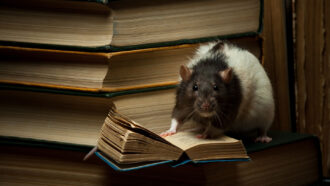 Archaeology
ArchaeologyRats can chronicle human history
Rats have lived alongside people for thousands of years. Now, scientists can study the rats and their leavings to learn more about ourselves.
-
 Life
LifeYour face is mighty mite-y. And that’s a good thing
Tiny face mites live in our pores, getting food and shelter in return for eating our skin waste. A new study shows they can’t live without us.
-
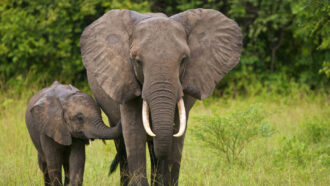 Animals
AnimalsMonstrous mammals would break the body rules
Giant mammals and people thunder through our movies and books. But real mammals can only get so large before they can’t take the heat.
-
 Physics
PhysicsExplainer: Gravity and microgravity
The force of gravity holds us on the ground, keeps planets in orbit and extends throughout space. A very weak gravitational pull is called microgravity.
-
 Health & Medicine
Health & MedicineWeight shaming is literally sickening
Many people think it’s okay to shame people for their weight. Not only is that cruel, but it also can harm their mental and physical health.
-
 Materials Science
Materials ScienceScientists Say: Aerosol
Aerosols are tiny bits of solids or drops of liquids suspended in gas. Aerosols include mist, fog and soot, as well as pollution from fossil fuels.
-
 Chemistry
ChemistryScientists Say: Oxidation and Reduction
Oxidation and reduction are two parts of a chemical process in which one atom steals electrons from another.
-
 Physics
PhysicsScientists Say: Mass
Mass shows how much an object resists speeding up or slowing down when force is applied — a measure of how much matter is in it.
-
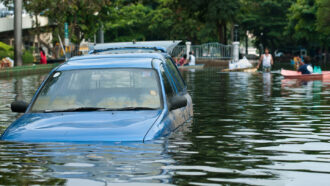 Environment
EnvironmentWarming cities may see more rain — and frequent flooding
Scientists are seeking to understand why and how to mop up excess precipitation.
-
 Environment
EnvironmentExplainer: Urban heat islands and how to cool them
Cities transform landscapes covered in plants to ones covered in heat-absorbing asphalt and concrete. But ways exist to cool these urban heat islands.
-
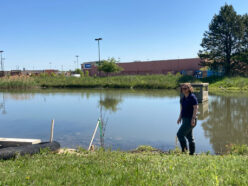 Earth
EarthStores and malls buy into ponds and rain gardens for flood control
An extra bonus: These rainy-day ponds clean up that dirty water running off parking lots.
-
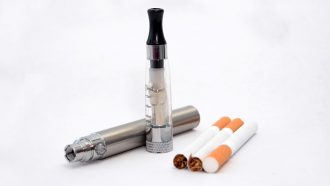 Health & Medicine
Health & MedicineScientists Say: Nicotine
Nicotine is an addictive substance found in tobacco plants. It's what makes it so difficult to quit smoking or vaping.